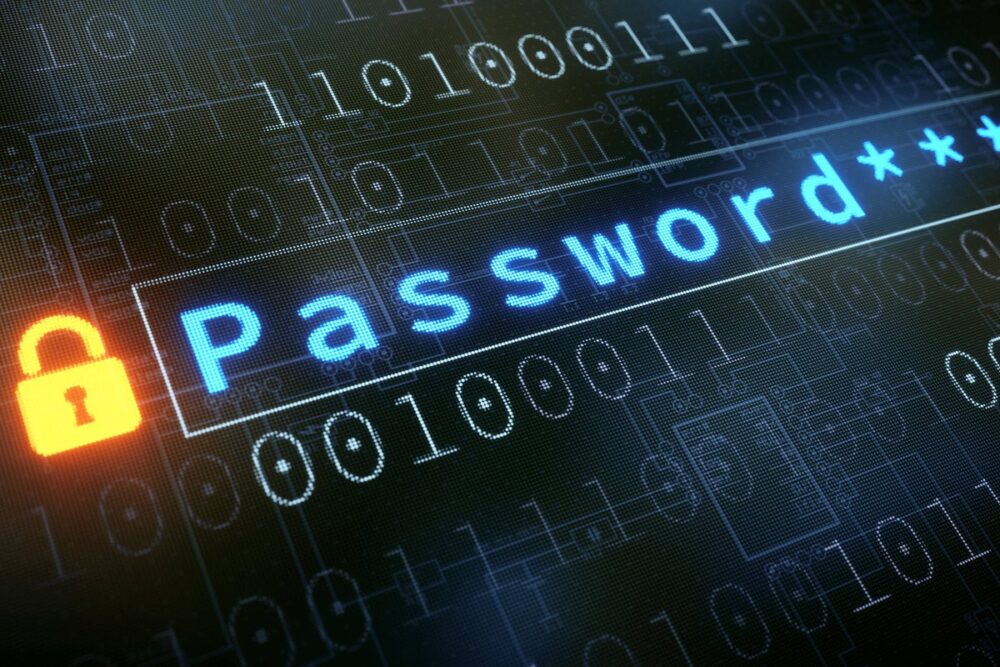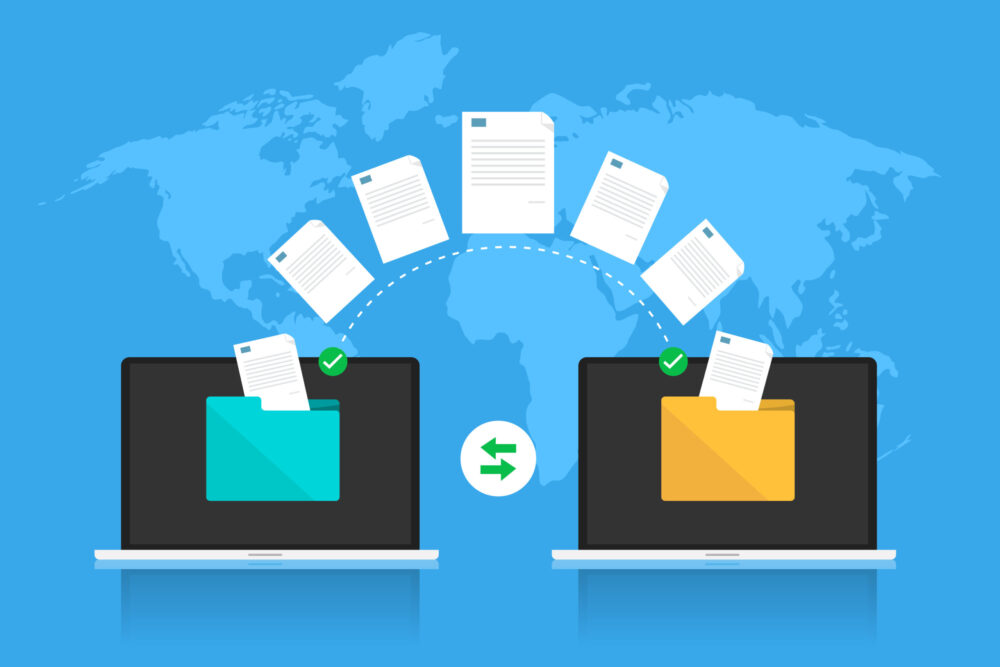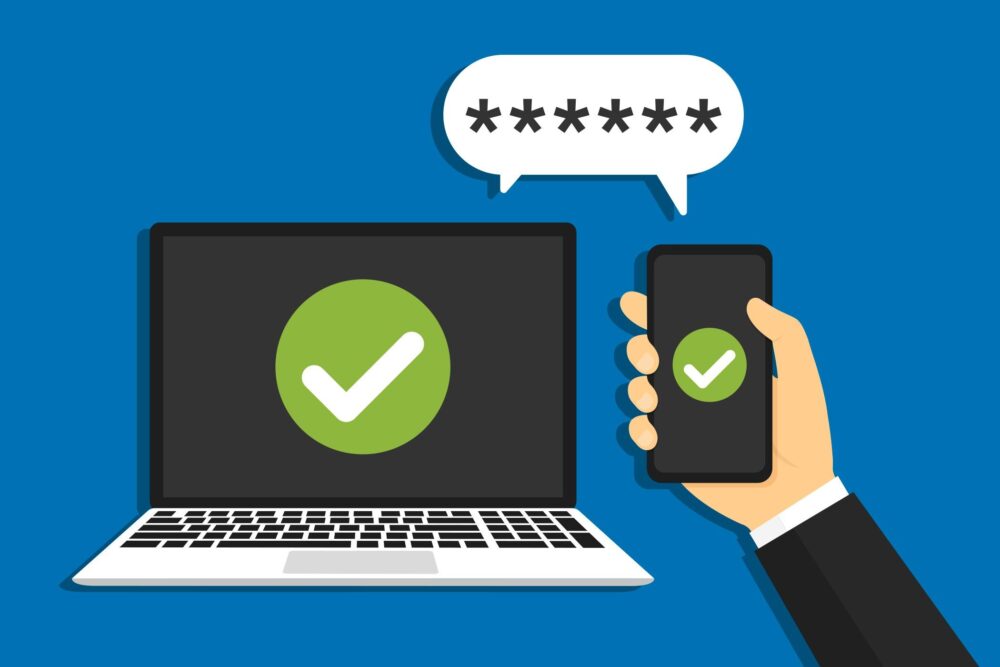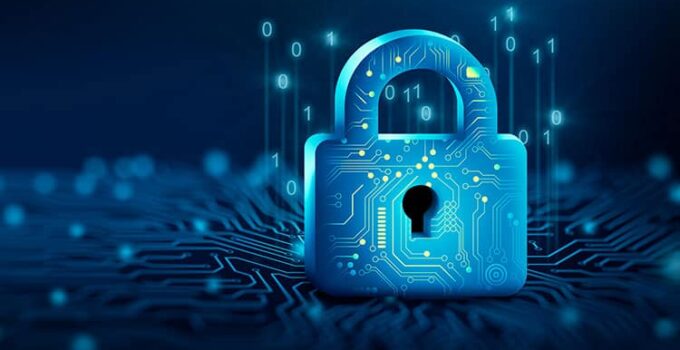As we go about our day-to-day lives, we often turn to our smartphones and other electronic devices for entertainment, information, and communication. It’s hard to imagine today without these indispensable devices. But how safe are they?
Data breaches are on the rise. In just the last year, there have been over 1,000 reported instances of data theft. While most companies and people understand the importance of protecting their data, many fail to do so. Whether it’s employee passwords or personal information like addresses and social media profiles, your data is important. Unfortunately, it is also susceptible to attack. Data breaches happen when someone breaks into your system and accesses your information. However, in today’s evolving landscape, it’s not just human hackers we need to worry about but also the growing presence of AI bots on social media that contribute to the manipulation and compromise of data.
AI bots have become a powerful tool for cybercriminals, enabling them to create fake social media accounts that mimic human behavior. These bots follow individuals and businesses, interact with their content, and contribute to the proliferation of fake followers and engagements. According to ExpressVPN, about 30% of all accounts across social media platforms are AI-generated bots. The deceptive practices of AI bots not only distort the authenticity of online interactions but also have the potential to influence public opinion.
The good news is that you can take steps to protect yourself online. Do you know the best way to protect your data? Protecting your data is one of the most important steps that you can take in order to maintain your secrecy and privacy. If anyone were to gain access to your data, it could have serious consequences for you or your business. Data is a valuable commodity that businesses rely on to keep afloat. Not only does it hold financial information, but it can also reveal important strategic secrets. If your data falls into the wrong hands, it could mean disaster for your business.
There are a number of ways that you can protect your data from unauthorized access.
Use Strong Passwords and Keep Track of Them

Source: idginsiderpro.com
What’s the most important part of securing your online presence? For many people, it would have to be passwords. But unfortunately, many of us don’t do nearly enough to protect our accounts – especially our personal information. You have to make sure to use strong passwords that are at least 8 characters long with one capital case and two other random characters. Write them down and store them in a safe place so you don’t have to remember them. Remember to change your passwords every time you sign into your account or whenever there is a new update to your computer security software.
Never Leave Your Computer or Phone Unattended
Data breaches are becoming more common and with good reason. With so much personal data available on the internet, thieves want to get their hands on it as fast as possible. In some cases, they take your information and use it to commit crimes. Always make sure you’re watching over your computer while it’s in use, and don’t leave it unattended for any length of time. Not only is theft possible, but thieves can also access private information, online bank accounts, and other sensitive files.
Protecting your data isn’t easy, but it’s important. You need to make sure that your computer and phone are always locked down and accessible only to you. Never leave them unattended, and always set up security measures like passwords and 2-factor authentication.
Keep Track of What’s Been Transferred

Source: datanami.com
Always keep track of any data that are being transferred from your device to another person or location, especially if it’s confidential or sensitive material like social security numbers or financial information. This way you can determine if something has gone missing or been stolen as a result of the data transfer process.
Use 2-Factor Authentication

Source: rd.com
Many people use 2-factor authentication for their online accounts and to protect their data. If someone manages to steal your username and password, they won’t be able to access your account or the data you have stored with the website or app. This is an additional security measure that involves you receiving a separate code after entering your password in order to gain access to your account.
This code can only be received if you have also entered the last four digits of your bank account number into the login form or if the code is sent to your mobile number through SMS. Although not foolproof, this protection can help guard against some major breaches. 2-factor authentication is an important security measure for online accounts, and it’s especially important for businesses that offer sensitive data, like financial records or customer details. It can help protect against identity theft, fraud, and other malicious activity. And because it’s such an effective way to secure data, it’s often used by companies of all sizes and industries.
Don’t Share Your Login Information With Anyone
Do you share your login information with anyone? Most of us do, at some point or another. Even if you think you have securely protected it, there’s a good chance that someone has access to it. Even if someone asks for it, don’t give them access to your account unless they also have the appropriate security measures in place. Tell them that you would like to speak with them directly about logging into your account, and ask them for their phone number or email so that you can follow up afterward. With two-factor authentication activated and passwords kept secure, you should have little trouble protecting yourself from most cyber-attacks.
There might not be anything more frustrating than having your valuable data stolen. Thankfully, there are ways to minimize the chances of this happening. In this article, we have shared one of the best ways to protect yourself online. If you follow the tips above, you will be able to keep your data safe, and it will also make it more difficult for someone to steal it.




